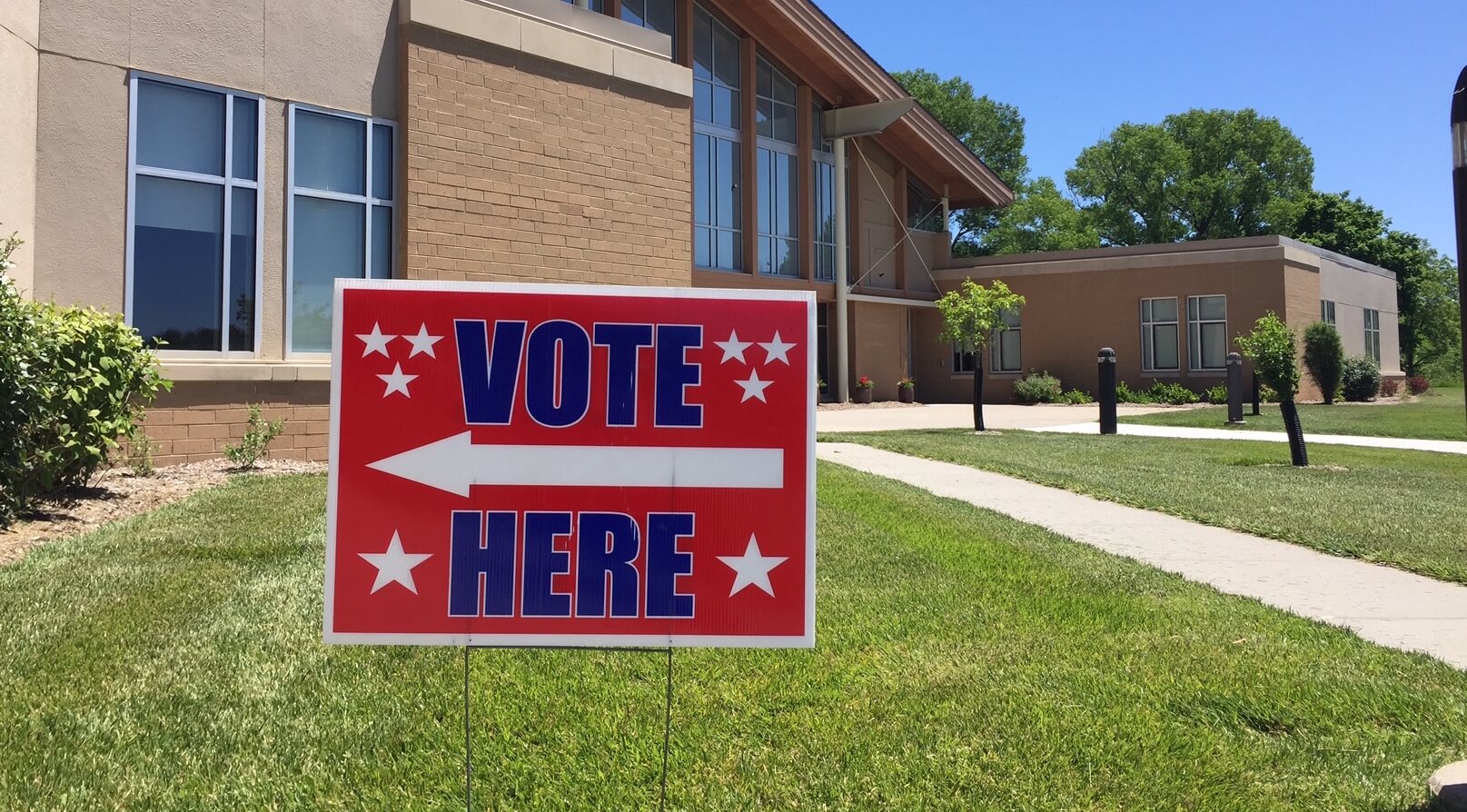
Iowa Democrats owe a debt of gratitude to the Asian and Latino Coalition, League of United Latin American Citizens (LULAC) of Iowa, and Iowa State University student Taylor Blair for continuing their fight to overturn the Republicans’ 2017 voter suppression ID law. In May of 2018, LULAC and Blair, assisted by Priorities USA, successfully sued Iowa’s Secretary of State Paul Pate, preventing Pate from fully implementing the ID law. The Asian and Latino Coalition helped initiate the process, and got LULAC involved to lead it forward.
The LULAC/Blair suit significantly aided Democrats in 2018 elections by maintaining important absentee ballot measures. Early voting by absentee ballots was an essential tool Democrats utilized in electing Congresswomen Axne and Finkenauer and flipping several Iowa House seats.
LULAC and Blair, the president of ISU College Democrats, joined forces to challenge the voter ID law because the law seriously jeopardized the voting rights of the Latino community and students’ access to voting.
“We clearly see it as an attack on the Latino community, placing so many different restrictions on the right to vote,” said Joe Enriquez Henry, LULAC’s national vice president for the Midwest region. “We see this stuff already playing out. It is reducing the number of voters we see within the Latino community who want to vote that are having to face these restrictions, and it’s just wrong.”
In July 2018, Polk County District Judge Karen Romano granted a temporary injunction blocking some provisions of a 2017 voter ID law.
She wrote that the law, “substantially and directly interfere with Iowans’ constitutional rights to vote” and “suggested no real threat to the integrity of Iowa’s voting system.”
In August 2018, the Iowa Supreme Court upheld the District’s temporary court injunction preventing enforcement of several absentee ballot provisions. An order signed by Chief Justice Cady ruled Secretary of State Paul Pate couldn’t require absentee ballots to include a voter verification number, couldn’t invalidate absentee ballots based on comparing signatures, and must not claim voters needed ID to vote.
The Supreme Court did rule that the ID law could shorten the absentee voting period from 40 to 29 days.
Following the Supreme Court ruling, Guy Cecil, chairman of the Priorities USA Foundation, emphasized the importance of the suit to Iowa voting rights.
Cecil said voters in the fall 2018 elections, “will no longer be forced to produce an obscure voter ID number in order to cast an absentee ballot, nor will they be in danger of having their ballot thrown out due to inaccurate signature matching.”
In January 2019, District Judge Romano overturned another provision of the 2017 law. She struck down the rule that had prevented county auditors from using an existing statewide voter database as a resource to look up missing voter information when processing absentee ballot requests. Romano called the rule limiting auditors’ use of the database “irrational, illogical, and wholly unjustifiable.”
The LULAC/Blair suit to overturn the complete 2017 law comes to trial in June 2019. Their continuing efforts to champion Iowa voting rights will get another hearing at that trial.
However, Iowa Republican legislators are continuing their attempts to suppress the vote with another current bill under consideration (SF575) that would restrict voting hours and eliminate voting on college campuses. It would also remove students from voting lists if they indicated they might move out of state following graduation. The Des Moines Register called the Republicans’ latest bill “voter suppression 2.0.” Perhaps LULAC and Blair or others may need to challenge this latest attack on voting if it passes.
Taylor Blair said he believes the current bill under consideration would create greater hardship for Iowa State students.
“It’s going to affect people everywhere in the state of course, but specifically people of Iowa State,” Blair said. “People already need more time to vote. Compressing the hours will just make the lines longer and cause more voters to leave. It’ll be harder for people to vote, everywhere … So, it hurts everybody. There’s no redeeming qualities about reducing the access to vote.”
Hopefully, the June trial will result in a further rollback of the 2017 ID law and the current bill will fail to pass. Whatever the result, LULAC, Blair and Priorities USA are to be commended for their efforts defending Iowans’ right to vote.
by Rick Smith
Posted 3/27/19

Big corporations are suing to block Biden’s efforts to lower costs
From the cost of medication to education to everyday expenses, the Biden administration has passed several laws and implemented many federal rules...

Iowa Republicans make outlawing gay marriage key 2024 campaign priority
Iowa Republicans have made outlawing gay marriage a key goal in their 2024 party platform. During the Iowa GOP’s 2024 state convention on Saturday,...

Department of Justice says Iowa immigration law violates US Constitution
If Iowa doesn’t suspend the enforcement of its new immigration law by May 7, the state could face a federal lawsuit, according to the Des Moines...

Rushing: Iowa State president said the quiet part out loud
I want to thank Iowa State University President Wendy Wintersteen for doing us all a favor by finally saying the quiet part out loud: all the...

Iowa sets aside almost $180 million for year two of voucher program
Iowa has committed nearly $180 million in taxpayer funds to support private school tuition in the 2024-25 school year, which is almost $50 million...

Kalbach: Immediate action needed on corporate ag pollution
Iowa agriculture has undergone substantial changes over the past 40 years. We see it all around us. Rather than crops and livestock being raised on...





